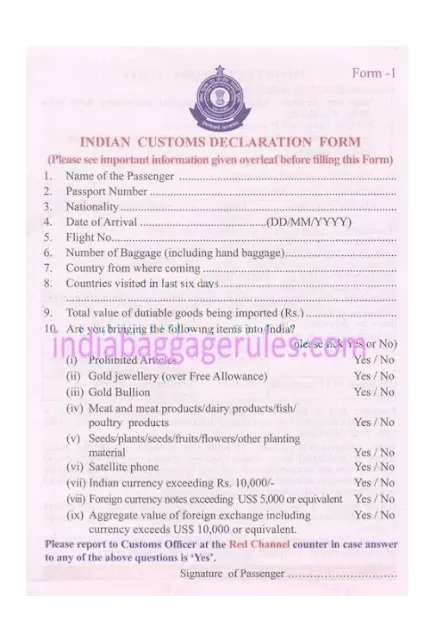Table of Contents
Early Boarding Privileges for Seniors
India’s aviation sector prioritizes senior citizens, often allowing them to board domestic flights early. This practice reflects the country’s cultural respect for elders and ensures their comfort and safety. Early boarding helps seniors settle in without the rush of general boarding, making air travel more accessible. For more details on airline policies, visit the Directorate General of Civil Aviation (DGCA) website.

How Early Boarding Works
While policies vary slightly among Indian domestic airlines, seniors are typically invited to board after passengers with special needs, families with young children, or premium frequent flyers. This priority boarding allows ample time to stow carry-on luggage and navigate aisles comfortably. Airlines like IndiGo and Air India emphasize early boarding to enhance the travel experience for elderly passengers.
Who Qualifies and How to Avail
Most Indian domestic airlines define seniors as passengers aged 60 and above. However, age criteria and policies may differ, so it’s wise to check with airlines like IndiGo or Air India. To avail early boarding, seniors or their companions should inform airline staff at the check-in counter, boarding gate, or during online booking. Many airlines allow you to request assistance via their websites or customer service portals, such as SpiceJet’s assistance page.
Additional Assistance for Seniors
Beyond early boarding, airlines offer tailored services for seniors, including free wheelchair assistance, help navigating terminals, and escort services to and from gates. For example, Delhi Airport provides buggy services and priority lanes for elderly travelers. These services ensure a seamless travel experience, especially for those with mobility issues. Check the Mumbai Airport website for similar offerings.

Importance of Communication
Clear communication is essential for accessing these services. Seniors or their families should specify needs during booking and confirm arrangements at check-in. Arriving 2-3 hours early at the airport facilitates smooth coordination. For guidance on traveling with special needs, resources like WeCapable offer valuable tips for senior travelers in India.
Tips for Senior Travelers
To ensure a comfortable journey, consider these tips:
- Book Early: Request early boarding or assistance during ticket booking via airline websites like Air India or IndiGo.
- Arrive Early: Reach the airport 2-3 hours before departure to allow time for check-in and assistance.
- Carry ID: Have age-proof documents (e.g., Aadhaar or passport) ready to verify senior status.
- Specify Needs: Inform airlines if you need wheelchair assistance, priority seating, or escort services.
- Check Policies: Review specific airline guidelines on the DGCA website for updates.
Frequently Asked Questions
Can seniors board early on India’s domestic flights?
Yes, most Indian domestic airlines allow seniors aged 60 and above to board early, after passengers with special needs or premium flyers, to ensure comfort and safety.
Who qualifies as a senior for early boarding?
Passengers aged 60 and above are generally considered seniors, but age criteria may vary by airline. Check with the airline during booking.
How can seniors request early boarding?
Seniors can request early boarding at check-in, the boarding gate, or during online booking. Notifying the airline 48 hours in advance is recommended.
Are there additional services for seniors at Indian airports?
Yes, airlines and airports offer free wheelchair assistance, priority lanes, and escort services. Contact the airline or airport for specific offerings.









